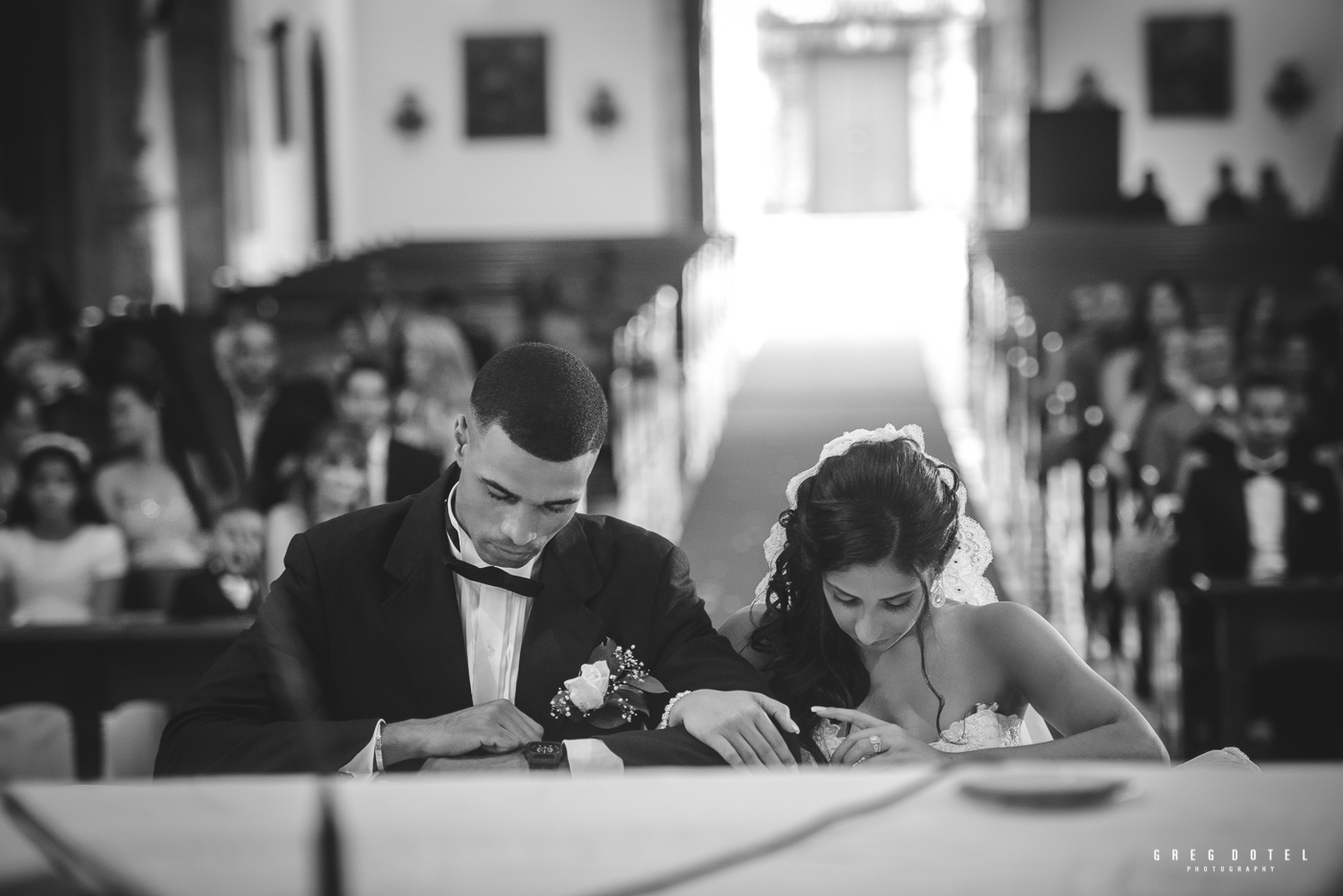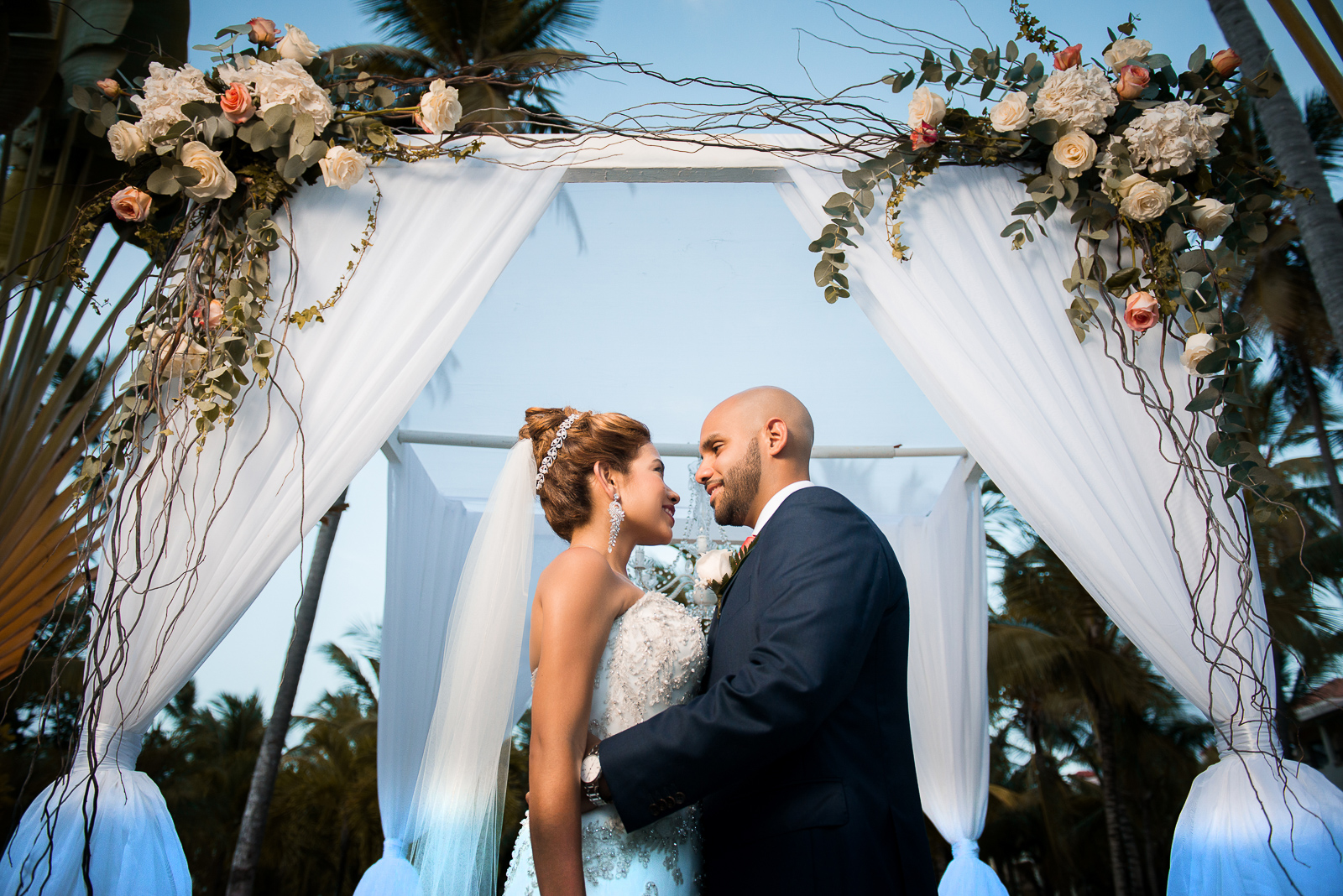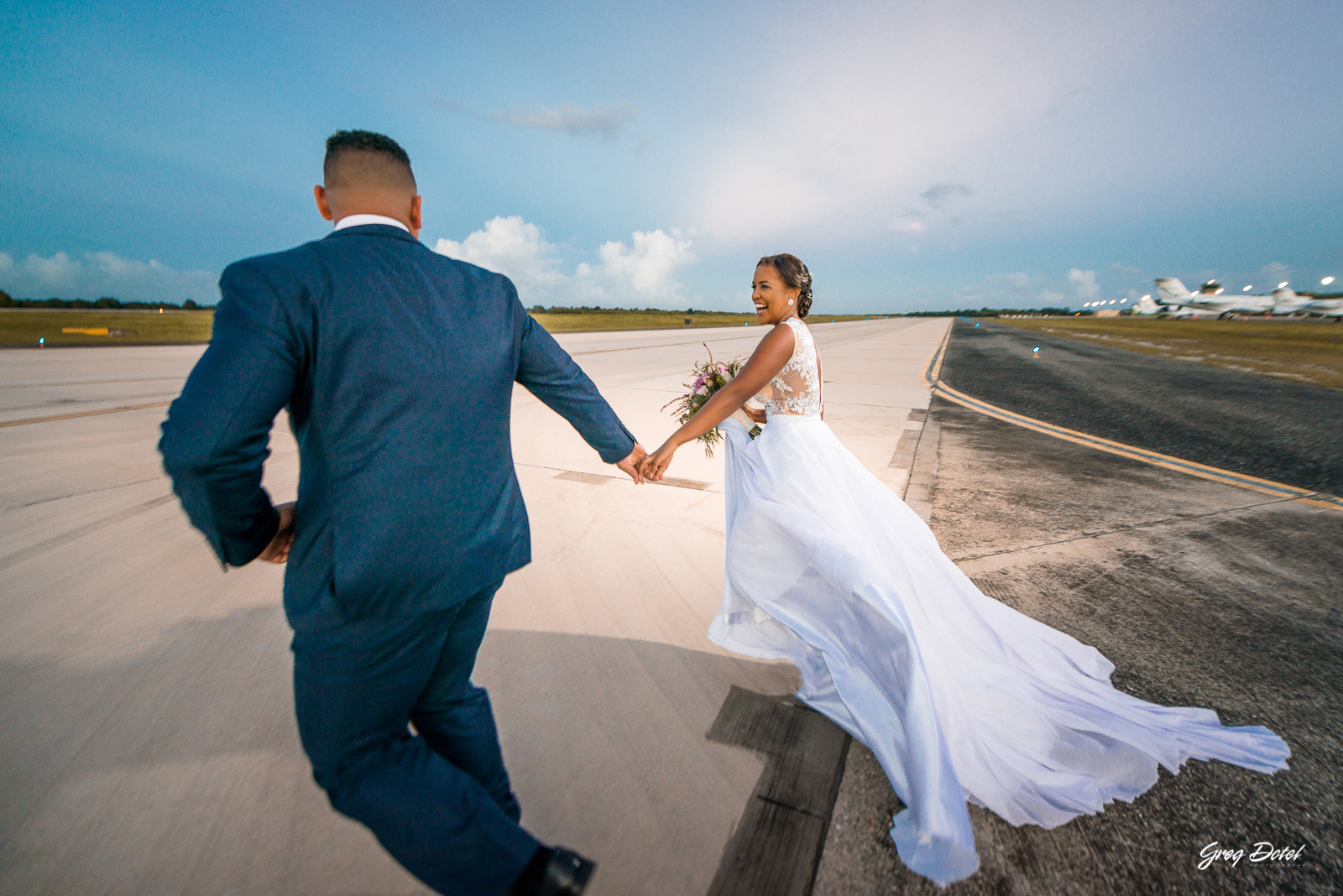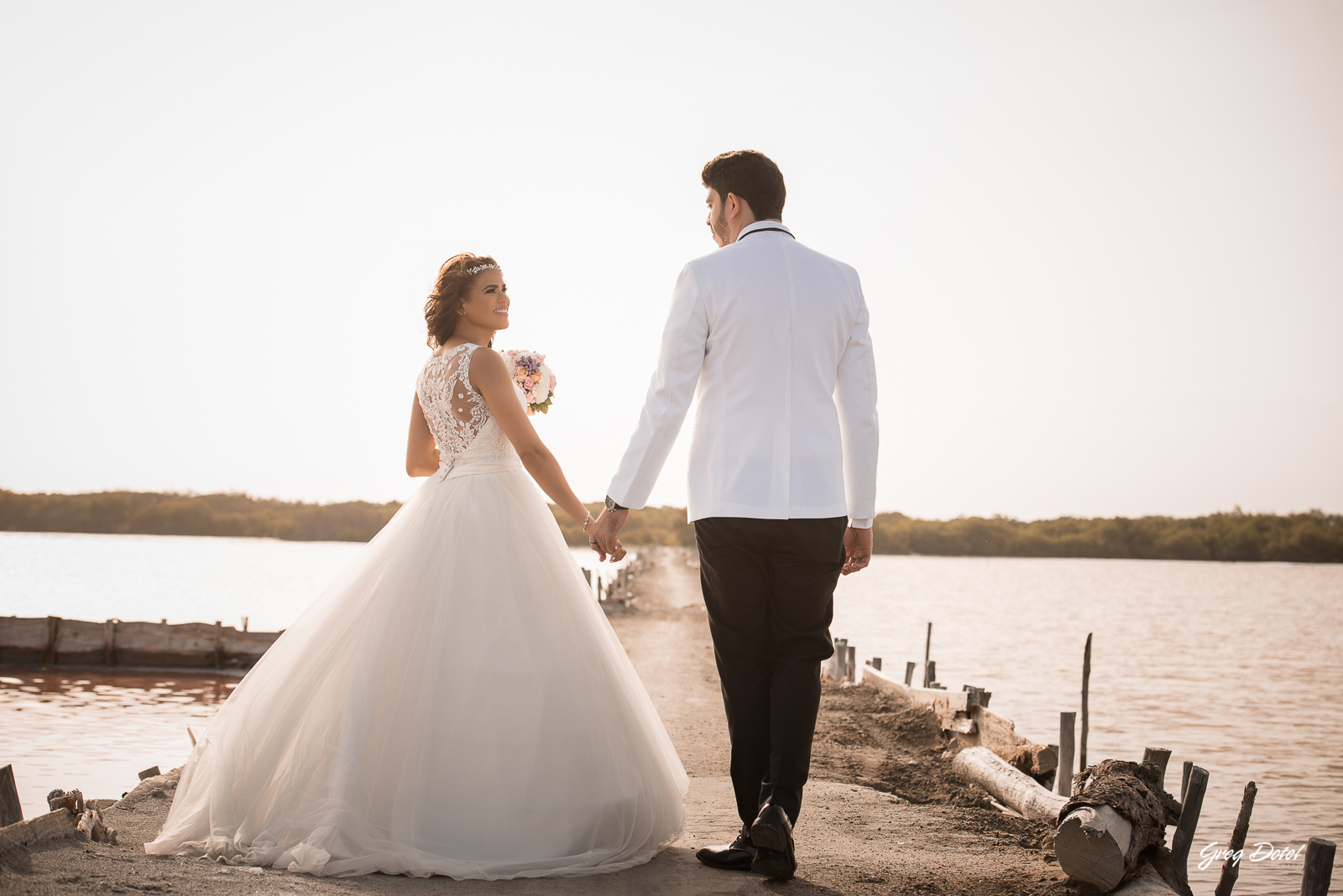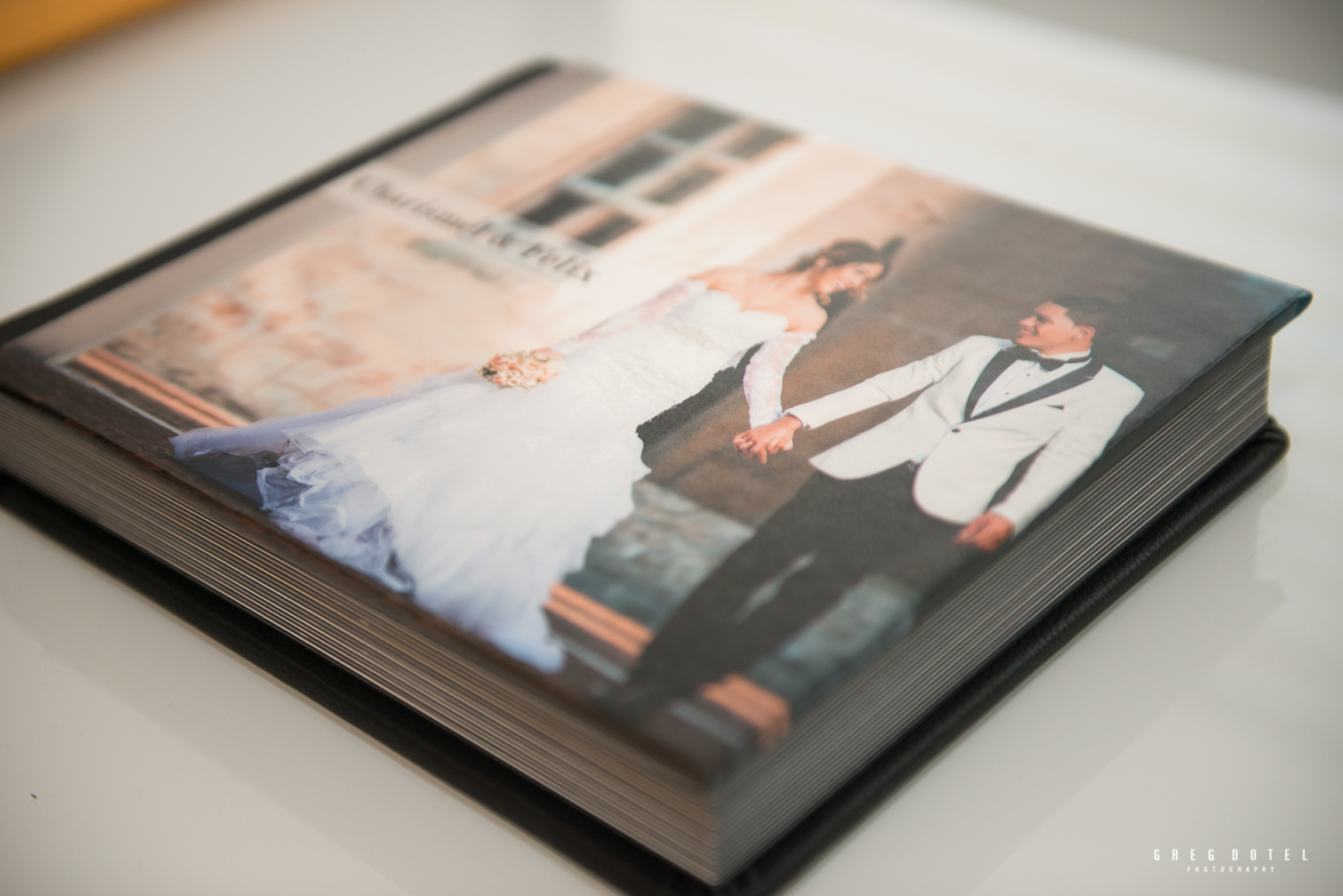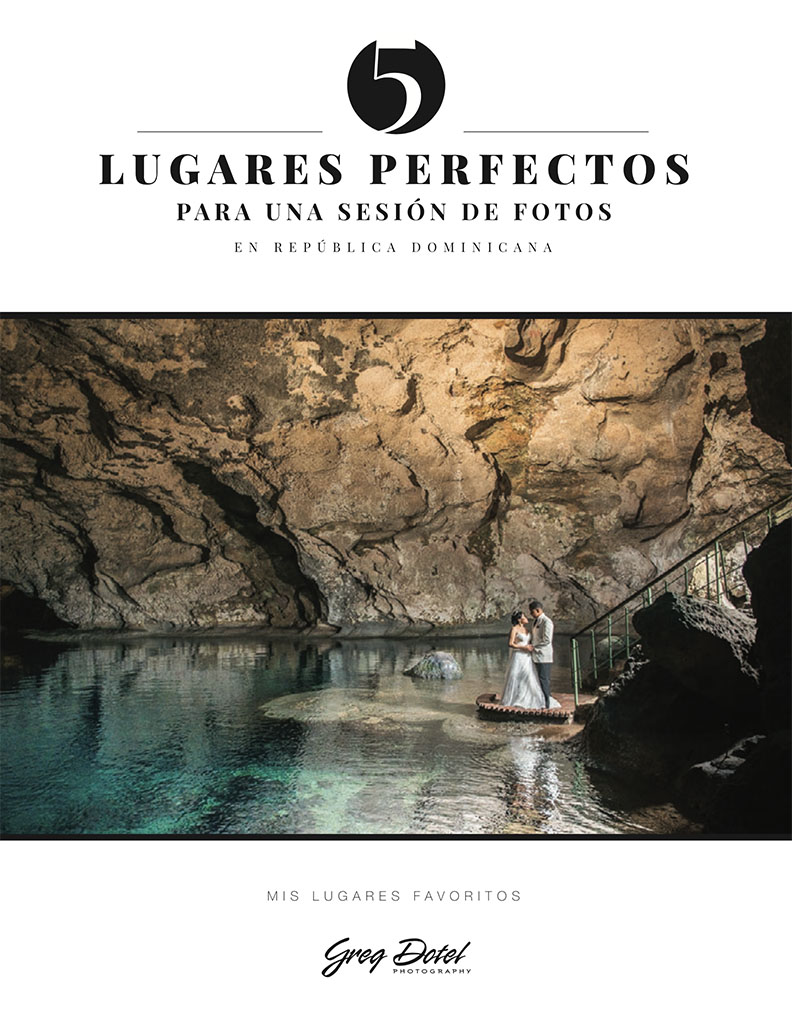Congratulations! They have made the important decision to join their lives in marriage. From now on, all the preparations for the big day will begin.
We know that you are eager to choose the dresses and suits, makeup, coordinate the photo session and every detail of the reception; And what about the dream honeymoon trip. However, first of all, it is necessary to take care of a certain preparation that, for some, is usually unpleasant: the legal procedures.
Those who wish to get married must certify that they meet the compliance requirements established by law, some couples do not know what they are, which is why we want to guide them and also indicate which documents they must gather in order to submit the application on time, whether who prefer to opt for a civil marriage only or a religious one.
Requirements through civil marriage
- Identity cards of the couple: according to the civil laws of the Dominican Republic, both must be of legal age.
- Birth certificates of the spouses: cost of Extract of Certificate, RD$ 400 pesos.
- Witness IDs: witnesses cannot be direct relatives.
- If you are going to get married under the “separation of property” regime, you must deliver to the official the genuine act created for these purposes; it must be registered and duly notified.
- Divorce certificate (if you have been married previously): cost of Extract of the Certificate, RD$ 400 pesos.
- Death certificate (if it is a widow or widower): cost of Certificate Extract, RD$ 400 pesos.
- If you have children in common, a birth certificate (these must be previously recognized): Legitimation cost, RD$ 700 pesos.
- Payment of the ceremony fee to be held inside the official office: RD$5,000
- If you opt for a celebration outside the official office, the fee to pay will be RD$12,000.
Requirements for marriage if you are a foreigner
- Birth certificate
- Passport
- Proof of single status issued by the Civil Registry of the country of origin or residence (for cases in which the passport does not specify his or her marital status as single).
- All documentation presented must be legalized and apostilled from the country of origin. In the case of a country that is not a signatory to the Hague Apostille Convention, the declaration certificate must be legalized by the Dominican consular authority accredited to the place where it was issued.
- The document must be translated into Spanish by a judicial interpreter and legalized by the Attorney General’s Office and the Ministry of Foreign Affairs. In some cases the translation can be done at the Dominican Consulate itself. Some Diplomatic Delegations accredited in Dominican territory receive the declaration of single status from their citizens. In the case of foreign citizens whose country of origin and residence does not have diplomatic relations with the Dominican Republic, this declaration of singleness can be made before a Dominican notary public, and must be legalized by the Attorney General’s Office of the Republic.
All of these requirements must be submitted prior to the wedding date. Once the process is completed, you can schedule the date on which the ceremony will be held at the official office.
Requirements for marriage in the Catholic Church
- Birth certificate of the spouses: cost Extract of Certificate, RD$ 400 pesos.
- Baptism certificate of both bride and groom: requested from the parish where the sacrament took place.
- Confirmation certificate of both bride and groom: They are requested from the Bishopric or Archbishopric corresponding to the Diocese where the Sacrament took place.
- Civil marriage certificate (if married): cost of extract of the certificate, RD$ 400 pesos.
- Birth certificates of minor children: cost of Extract of Certificate, RD$ 400 pesos.
- Identity cards of the spouses.
- Identity card of the godparents.
After the documentation is delivered, several meetings commonly known as “Cursillos” will be scheduled, usually 15 meetings are established; Once these are completed, they will coordinate an interview with the parish priest or priest who will officiate the ceremony.
Requirements for marriage by non-Catholic churches (Christian – Evangelical)
Christian, non-Catholic churches, accredited and registered with the Central and Electoral Board, according to Law 198-11, may perform marriages with civil effect, that is, they may marry before the law and before God in the same ceremony. The authorized religious leader will complete the registry book and the marriage certificates, then deposit them in the corresponding official office, no later than three days after celebrating the wedding.
Documents to deliver:
- Identity cards of the couple: according to the civil laws of the Dominican Republic, both must be of legal age.
- Birth certificates of the spouses: cost of Extract of Certificate, RD$ 400 pesos.
- Witness IDs: witnesses cannot be direct relatives.
- If you are going to get married under the legal regime of separation of property, it is mandatory to deliver to the Civil Registry Officer the authentic act implemented for these purposes, which must be registered and duly notified.
- Divorce certificate (if you have been married previously): cost of Extract of the Certificate, RD$ 400 pesos.
- Death certificate (if it is a widow or widower): cost of Certificate Extract, RD$ 400 pesos.
- If you have children in common, a birth certificate (these must be previously recognized): Legitimation cost, RD$ 700 pesos.
- Marriage fee payment: RD$5,000
Important: if the church is not accredited and registered, the civil ceremony must first be completed in the official office of your choice before proceeding to perform the ceremony in the church.
In addition to these requirements:
- Both parties must be members of the same church (if they are from different churches, present a pastoral letter).
- Be baptized (if not, go through the baptism process. This depends on the dogmas they profess).
- Participate in meetings or “premarital counseling.”
Now yes: Legal procedures. Filled!
The cost data and legal information provided were extracted from the Central and Electoral Board, 2023. It is important that you contact your civil or church official office and confirm the exact amounts and requirements since these could change at any time. You should take this only as a reference.
